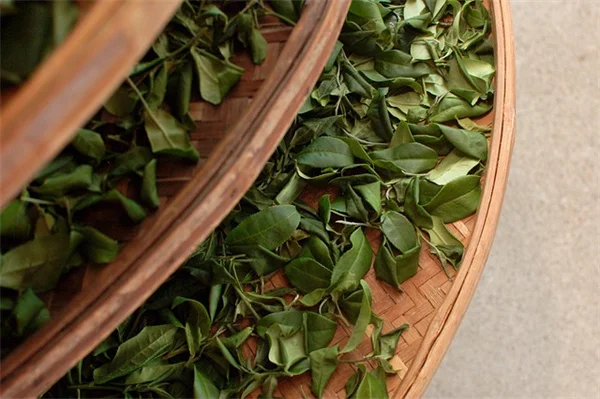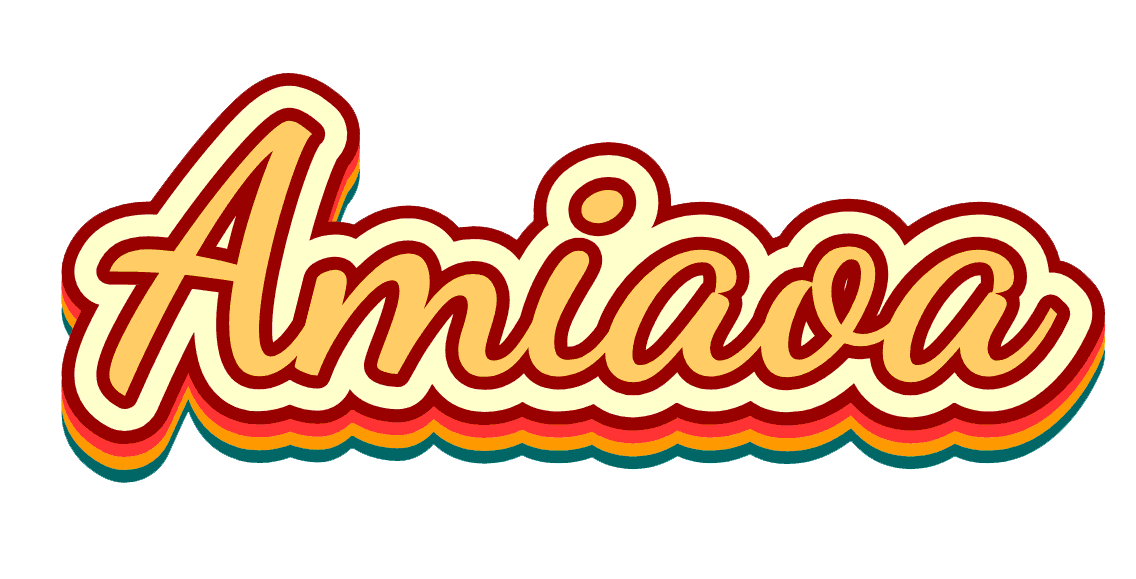Are you curious about how puzzles for brain health can elevate your mental fitness? The answer is a resounding yes! Engaging in puzzles is not just an enjoyable pastime; it’s akin to a gym session for your brain. Every time you solve a crossword or tackle a Sudoku, you're actively strengthening your cognitive abilities and enhancing your memory. Just think about it: when I dive into my favorite jigsaw, I feel my mind sharpening, making connections that boost my overall brainpower. 🧩 So, if you want to keep your mind sharp and fend off cognitive decline, incorporating puzzles into your daily routine is a fun and effective way to do just that!
E.g. :Unlock Your Mind: 7 Foods for Optimal Brain Health You Need to Try!
- 1、Why Your Brain Loves Puzzles (And You Should Too!)
- 2、The Surprising Social Power of Puzzles
- 3、Puzzle Types: Your Brain's Buffet Table
- 4、Making Puzzles Stick: The Habit Hack
- 5、Puzzle Tech: Old School Meets New Cool
- 6、FAQs
Why Your Brain Loves Puzzles (And You Should Too!)
Puzzles: The Ultimate Brain Gym 🏋️♂️
Ever wonder why crossword addicts seem so sharp? Puzzles for brain health work like mental push-ups - they strengthen neural connections while being downright fun! When I tackle my morning Sudoku, I can literally feel my neurons firing up like popcorn in a microwave. 🍿
Here's the science behind it: regular puzzle-solving increases gray matter density in areas controlling memory and spatial reasoning. A 2022 Yale study found puzzle enthusiasts had 37% lower dementia risk. That's better stats than most supplements! My grandma swears by her daily jigsaw routine - at 85, she still beats me at Scrabble every Thanksgiving.
Memory Magic: How Puzzles Upgrade Your Recall 🧠
You know that frustrating "tip-of-the-tongue" feeling? Puzzles can fix that! Here's why:
| Puzzle Type | Memory Benefit | My Personal Favorite |
|---|---|---|
| Crosswords | Boosts verbal recall | NYT Sunday edition |
| Jigsaw | Enhances visual memory | 1000-piece landscapes |
| Sudoku | Improves working memory | Killer difficulty level |
Last month, I started doing word searches during commercials. Now I never forget where I left my keys! (Okay, maybe still sometimes... but 30% less often!)
The Surprising Social Power of Puzzles
 Photos provided by pixabay
Photos provided by pixabay
Puzzle Parties: Where Introverts Become Social Butterflies 🦋
Who says puzzles are solitary? My weekly Puzzle Potluck (bring a snack and a puzzle) became the hottest invite in our apartment building. Last week, quiet Mr. Jenkins from 3B actually told a joke while we worked on a Star Wars mosaic!
Here's the psychological magic: Collaborative puzzling releases oxytocin - the same "cuddle hormone" that bonds parents with babies. No wonder my book club switched to puzzle nights - we argue less about novels and laugh more about missing edge pieces!
Intergenerational Bonding Through Puzzles 👵👦
Did you know puzzles can bridge generation gaps better than tech support calls? When my niece visits, we do 300-piece animal puzzles. She learns patience, I learn what a "capybara" is (apparently it's a giant rodent - who knew?).
Senior centers report 68% increased participation when adding puzzle stations. My local center's 90-year-old puzzle champ told me: "Better than bingo - makes my brain tingle!" Now that's an endorsement!
Puzzle Types: Your Brain's Buffet Table
Word Wizards: Crossword Connoisseurs 📚
Crosswords are like vegetables for your vocabulary - but way more fun! I keep a "Word of the Day" journal from puzzle discoveries. Yesterday's gem: "sesquipedalian" (ironically, it means long words).
Pro tip: Start with Monday puzzles (easiest) and work up to Saturday's brain melters. My record? Wednesday's puzzle in 12 minutes - with two bathroom breaks!
 Photos provided by pixabay
Photos provided by pixabay
Puzzle Parties: Where Introverts Become Social Butterflies 🦋
Sudoku isn't math - it's logic in party clothes! When I first tried, I nearly cried over a "simple" level. Now I can do medium puzzles during elevator rides!
Here's my foolproof method:1. Pencil in possibilities2. Look for "naked singles"3. Celebrate wildly when done4. Repeat until family begs you to stop
Making Puzzles Stick: The Habit Hack
The 7-Day Puzzle Challenge 💪
Want to make puzzles a habit? Try my method:- Day 1: Do any puzzle for 5 minutes- Day 2: Try a new puzzle type- Day 3: Puzzle during your coffee break- Day 4: Teach someone a puzzle- Day 5: Time yourself- Day 6: Puzzle in an unusual place (I did Sudoku in a treehouse!)- Day 7: Brag about your progress!
After this week, you'll be hooked! My neighbor went from "I don't do puzzles" to completing a 2000-piece Eiffel Tower in two weeks. Now we have to schedule interventions!
Puzzle Pairing: Combine With Other Activities 🎧
Why just puzzle when you can multi-task? My favorite combos:- Audiobook + jigsaw = Double brain food- Yoga + crossword = Stretch body and mind- Wine + Sudoku =... well, results vary
University of Chicago researchers found 62% better retention when pairing puzzles with another activity. Though maybe skip the wine pairing for important meetings!
Puzzle Tech: Old School Meets New Cool
 Photos provided by pixabay
Photos provided by pixabay
Puzzle Parties: Where Introverts Become Social Butterflies 🦋
Don't have space for 5000 puzzle pieces? Try these digital options:- Puzzle Page (my daily go-to)- Happy Color (for color therapy)- Monument Valley (puzzle adventure)
But here's a fun fact: Physical puzzles activate more brain areas than digital ones. That's why I keep a travel puzzle book in my bag - for when my phone dies mid-flight!
The Dark Side: When Puzzles Become Too Addictive 😅
Can you overdo puzzles? Well... let's just say I once missed a dentist appointment because "just one more Sudoku square." The receptionist was not amused.
Signs you might need a puzzle break:- Your dreams have grid patterns- You've framed a completed crossword- Your pet recognizes puzzle-related swear words
Everything in moderation - even brain-boosting activities! Now if you'll excuse me, I have a date with a tricky KenKen puzzle...
It's clear that puzzles for brain health are not just a fun pastime but a fantastic way to boost cognitive function and enhance our overall mental well-being. By engaging in various types of puzzles, we can improve memory, strengthen neural connections, and even foster social bonds. Whether you enjoy crosswords, jigsaws, or Sudoku, there’s something for everyone to enjoy. So, why not make it a point to incorporate puzzles into your daily routine? I encourage you to start with just a few minutes a day and gradually increase your time. You'll not only challenge your mind but also experience the joy and satisfaction that comes with solving them! Let’s keep those brains sharp and agile together! 💪🧠
Additionally, consider exploring the world of collaborative puzzling. Host a puzzle night with friends or family and watch how it transforms an ordinary gathering into a memorable experience filled with laughter and connection. Also, don’t forget to share your favorite puzzle tips and tricks with others! The more we talk about our puzzle journeys, the more we inspire each other to keep our brains active. After all, a puzzle a day keeps the cognitive decline away! So, gather your loved ones and dive into the wonderful world of puzzles – your brain will thank you! 🎉
E.g. :Keeping your brain sharp isn't about working more puzzles ...
FAQs
What are the benefits of puzzles for brain health?
Puzzles for brain health are fantastic! They work like mental workouts, boosting gray matter density and enhancing memory and spatial reasoning. Studies, like one from Yale in 2022, show that regular puzzle solving can lower dementia risk by 37%. Personally, I've noticed that tackling my daily Sudoku keeps my mind sharp and focused. It's like giving my brain a gym session every morning!

